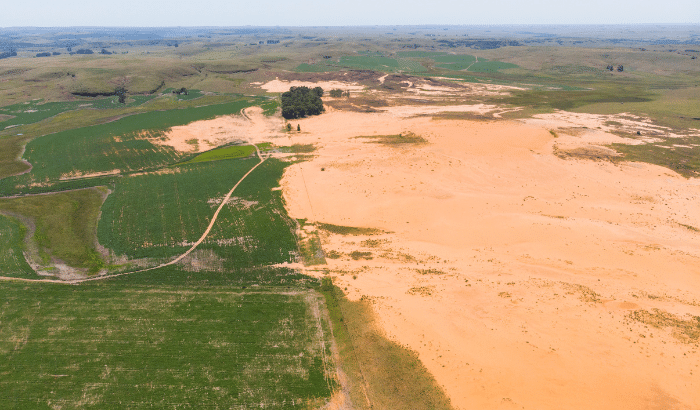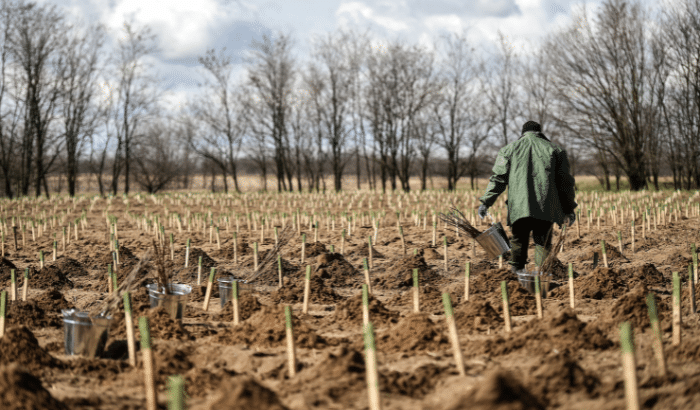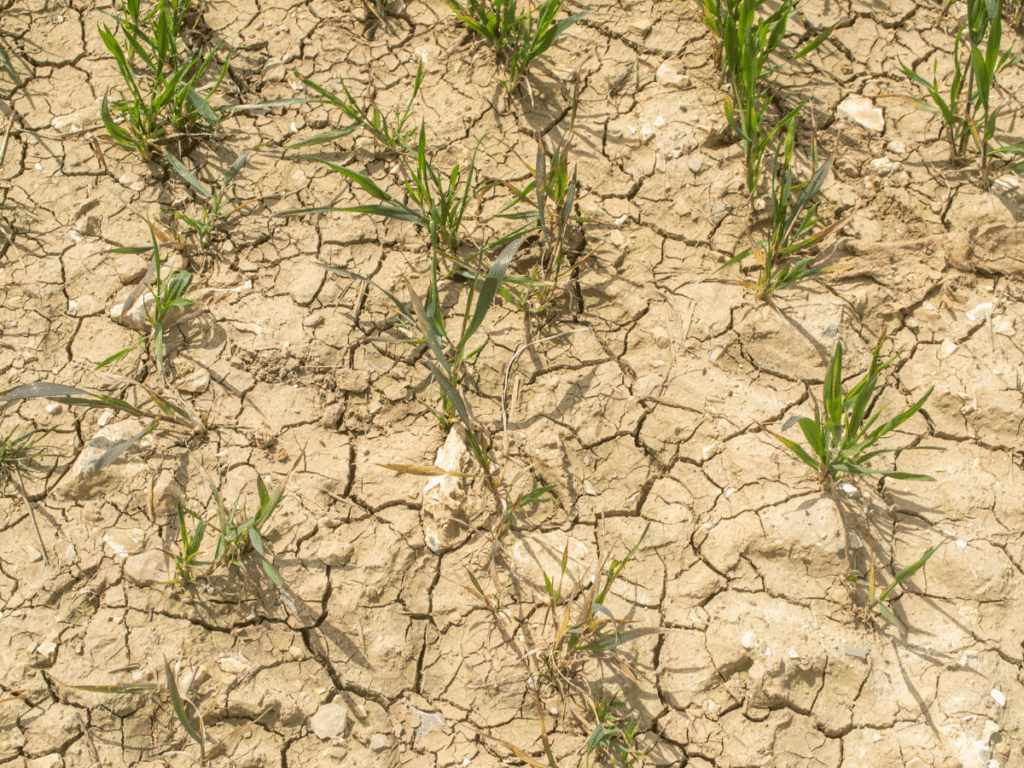This year, the focus is “land restoration, desertification, and drought resilience” as they are key issues relating to the UN Decade on Ecosystem Restoration (2021-2030). Whilst attention to these problems is growing, greater awareness is needed. Here we explore the problems of desertification and drought, how they can impact the UK, as well as some of the tensions surrounding conservation solutions which focus on resilience and landscape restoration…

Desertification – an Overview
Desertification is usually defined as land degradation in ‘arid, semi-arid and dry sub-humid areas resulting from various factors, including climatic variations and human activities’, by the United Nations Convention to Combat Desertification (UNCCD). Argued by experts as the ‘greatest environmental challenge of our time’, desertification is driven by deforestation, overgrazing and water mismanagement (amongst other causes), the impacts of which are heightened by climate change.
Primarily, it refers to ‘dryland’ areas, which make up more than 40% of the world’s terrestrial surface and are inhabited by around 2 billion people. As already-arid areas lose freshwater and vegetation cover, soil cover and biodiversity are also lost, rendering previously habitable areas as deserts. The impacts, especially at scale, can be catastrophic. Food insecurity and water scarcity exacerbate poverty and health issues; three-quarters of people are expected to face water scarcity by 2050 as droughts become more common. The issue doesn’t appear to be alleviating – the UNCCD estimates that 100 million hectares of productive land are degraded each year.
Desertification and drought are often constructed as ‘global’ issues – far-off problems which, whilst impacting global systems, can seem intangible. Yet the local impacts are more than apparent, and are set to worsen with global warming accelerating. In the UK, for example, much fresh produce is imported from Southern Spain (“Europe’s Fruit Basket”) which faces severe drought and desertification under current climate warming risk models.

The global nature of food supply chains means that whilst countries like the UK may not face widespread desertification per se, supermarket shelves still run the risk of drying up. Moreover, domestic food supply faces its own challenges. Extreme weather events, from the 2018 drought to severe rainfall this winter, pose a threat to the sustainability of UK agriculture. Soil erosion, unsustainable water management and drought are all tangible risks likely to be exacerbated by current models of production and consumption.
Landscape Restoration – turning the tide
Importantly, however, there are solutions. UNEP’s focus on land restoration is an important part of the puzzle. Increasingly, land management is being transformed by considering ecosystems at the landscape scale – rather than isolating individual issues and environments. Connectivity and systems thinking are starting to dominate the conversation. Regenerative land management practices, promoting water retention, and improving soil health (and preventing soil and nutrient erosion), are all examples of approaches which seek to restore, rather than degrade the land.
The UN Sustainable Development Goal 15 “Life on Land” includes “15.3: Land Degradation Neutrality” – which states that ‘restoring 1.5 billion hectares of land by 2030 will be necessary to achieve a land-degradation-neutral world’. To achieve this, large-scale investment will be needed the world over – into land, and the communities which manage and sustain it.

Importantly, this demands solutions which work alongside the people in high-risk areas, rather than treating them as the sole cause of the problem. We can’t understand processes of desertification in isolation, or as driven by one specific factor – ie: climate change, or intensive grazing – rather, it is a complex interaction of multiple causes, human and natural, which create land degradation. It is, therefore, deeply context-specific. From the Sahel to the Salisbury Plain, disregarding the livelihoods and needs of local communities, universally depicting them as part of the problem to be ‘solved’, risks exacerbating or misunderstanding these issues.
Desertification and Drought are often considered ‘wicked’ problems – extremely complex issues which cannot be tackled in isolation due to multiple causes and effects being entangled. From production to consumption practices, and the way land is managed more generally, we clearly need a paradigm shift in the way resources and land are considered. As UNEP’s focus this year demonstrates, there is cause for optimism; land degradation can be halted. This requires not only investment, but interrogating the way we manage and consume water, the way we farm, and ultimately, the way we value our surrounding environment.

